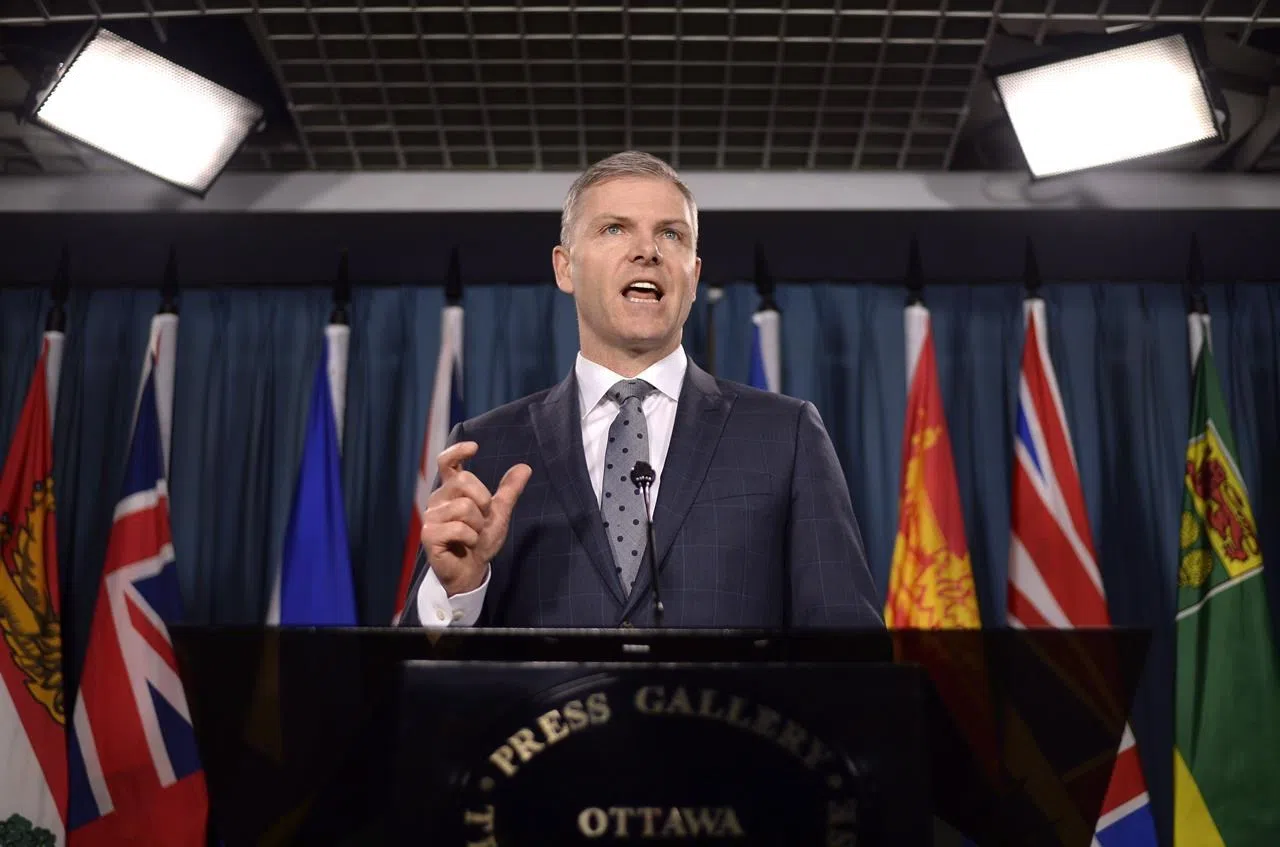
Oilpatch wants growth policies from Alberta politicians; carbon price absent
CALGARY — The energy industry’s want list as Alberta politicians gear up for a spring election includes a doubling of the industry’s growth rate and support for six energy pipelines.
“What we put forward today is a vision for the future,” Tim McMillan, president of the Canadian Association of Petroleum Producers, said Tuesday.
The association released an eight-page document containing 16 recommendations for a future government.
“Alberta has an opportunity to become one of the most attractive places in the world for oil and natural gas investment, but only if Albertans vote for energy in the next provincial election,” said a news release.


